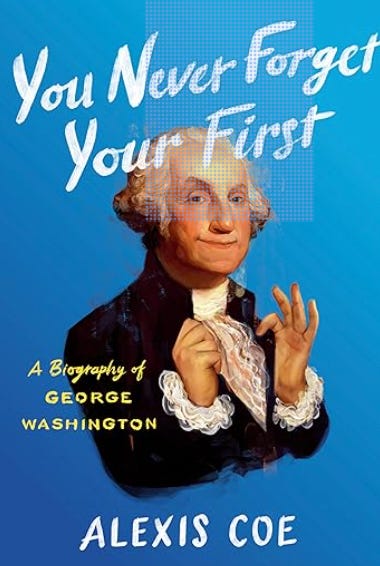Who's Your Daddy [-in-Chief]?
There’s no denying that this geriatric, political remake of Kramer vs. Kramer is disappointing at best, but we've got to figure out who we can live with before the custody hearing in November.
A Dr. Beckyish take on the de facto head of our national household.
What would the founding fathers think?
As a presidential historian, I get this question a lot. “They’re not your real dads,” I may quip, or patiently reason that they weren’t prophets who could see the future, never revealing the truth: I kinda hate it. I’ve always felt an innate aversion to the curiously monarchical, hopelessly patriarchal, and frankly weird fetishization of founders and presidents as fathers.
John Adams may have agreed. “I ought not to object to your Reverence for your Fathers as you call them,” he wrote in 1811. “But to tell you a very great secret…I have no reason to believe that We were better than you are.”

To be fair, he didn’t always feel that way. The founding fathers were certain that King George III, “our common Father,” loved them—and they kept on believing that until 1775. This was a triumph of propaganda, an image that had been reinforced throughout their lifetime—and one that crumbled under the slightest pressure: He refused to side with them against Parliament, shaking the colonists' sense of belonging to the core.
The thing is, it just wasn’t that personal. He had a job to do, and according to that job description, he deferred to Parliament. In the end, King Daddy was just a company man.
America is a country of armchair diagnosticians, yet we fail to recognize how our daddy issues manifest in the powerful men we revere. It’s a Sisyphean argument, to be sure, but one I was quite confident in–until the spring of 2020.
As I waited for a timed entry outside a grocery store, my only justifiable outing in the world, it hit me like a shock of recognition: Quarantine had grounded, disempowered, and infantilized me. I hadn’t felt so helpless since I was a teenager. But back then, I would have had a resource: Daddy Hal, my late grandfather. He was an imperfect patriarch, to be sure, but he took a hands-on approach to running our family.
In an urgent, pervasive crisis of such great magnitude, however, the government supersedes the family unit. During COVID-19, I was forced to depend on another senior citizen: Donald J. Trump. He was the de facto head of my household—but he was no Daddy Hal.
Keep reading with a 7-day free trial
Subscribe to Study Marry Kill to keep reading this post and get 7 days of free access to the full post archives.





